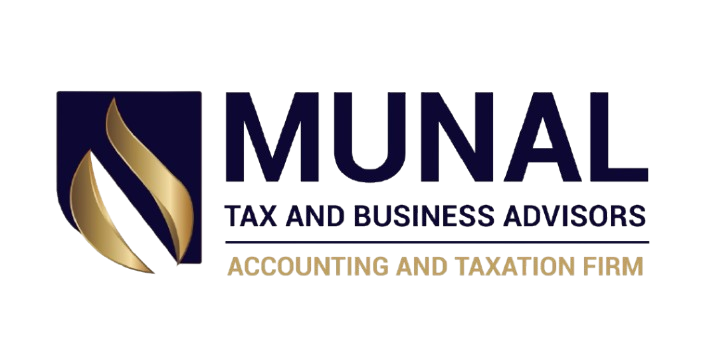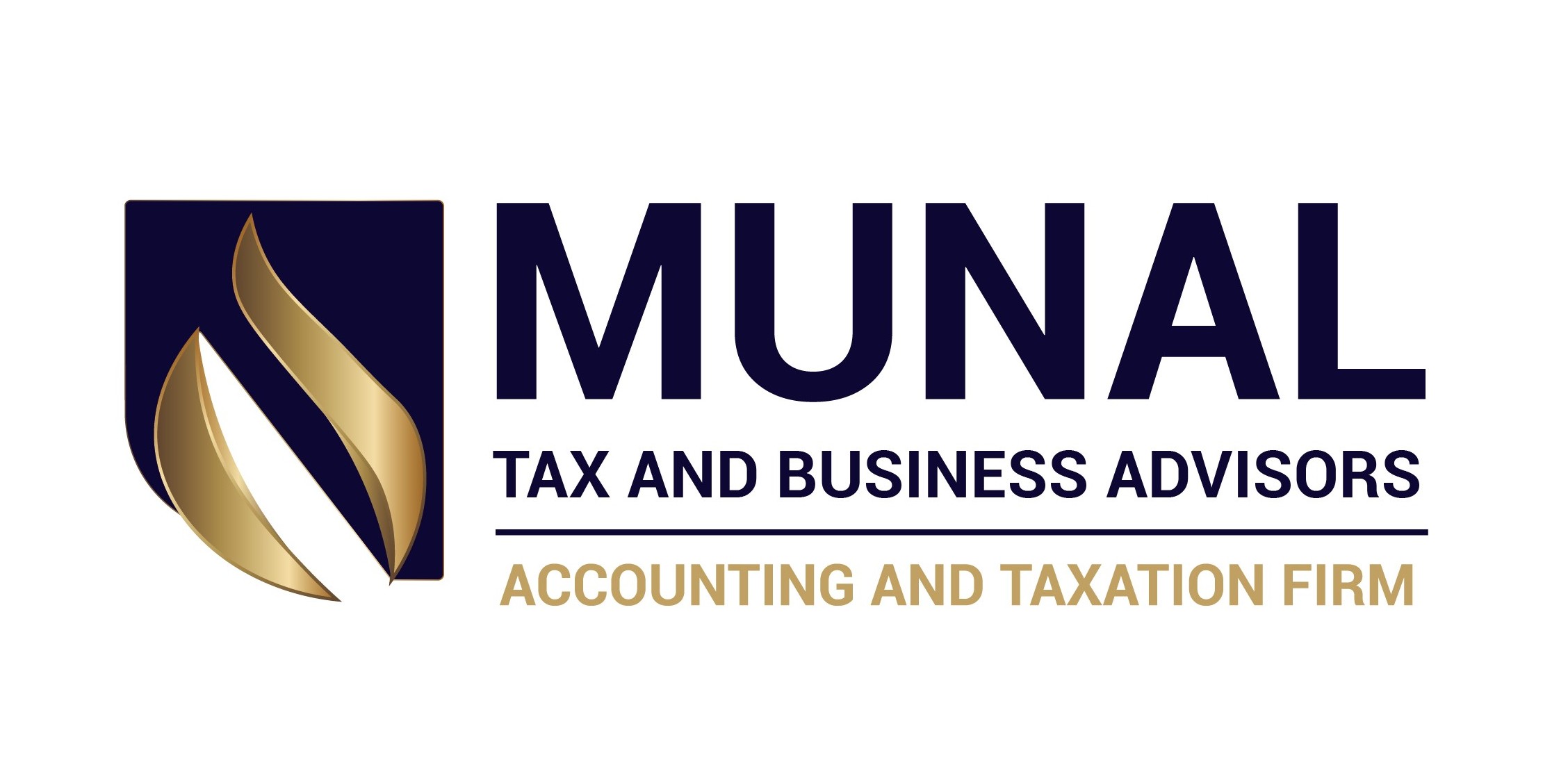Invoicing Tips
When issuing and processing invoices:
• Confirm that GST is correctly included on your sales invoices.
• Ensure invoices are only counted once—double counting can lead to errors.
If a supplier doesn't provide their Australian Business Number (ABN), you may need to withhold tax at the highest rate from their payment and send it to the ATO.
Avoiding GST Errors
To reduce manual mistakes when dealing with GST:
• Use the correct formulas to calculate GST.
• Maintain a separate GST column in your cashbook or spreadsheets.
• Make sure row and column totals align properly.
• Accurately classify and enter all transactions into your accounts payable and receivable systems.
Claiming GST Credits Correctly
To claim GST credits the right way:
• Only claim the business portion of purchases if items are used for both business and personal reasons.
• Use the discounted price when claiming GST, even if the discount isn’t listed on the invoice.
• If using hire purchase agreements (post-1 July 2012), claim GST upfront if you're on a cash accounting basis.
• For invoices in foreign currency, claim credits using the AUD equivalent at the time of the transaction.
• If your business closes or changes use of assets, repay GST credits on any relevant assets you retain.
You must claim GST credits within four years of the date you become entitled to them.
When NOT to Claim GST Credits
You cannot claim GST credits for:
• Private expenses like meals or entertainment.
• Items that don’t include GST in the price, such as:
• Bank fees, stamp duty
• GST-free items (e.g., basic groceries)
• Imported goods, unless you're the importer for business purposes
• Transactions within a GST group (credits may only be claimed between GST branches, not entities in a GST group).
Filing Your BAS (Business Activity Statement)
When completing your BAS:
• Use whole dollar figures only—drop the cents, but don’t round up.
• Don’t enter the same invoice more than once.
• Report transactions in the correct reporting period, especially if using cash accounting.
• Fill out only the sections that apply to your business. If nothing applies, enter “0”.
• Double-check all figures and calculations if preparing your BAS manually.
Lodging and Paying Your BAS
• Most businesses lodge their BAS online—this may also give you extra time to pay.
• Online BAS forms appear about 1 week after they’re generated; mailed versions may take up to 3 weeks.
• If you can’t locate your BAS:
• Check the ATO online portal (under 'Not lodged' or 'History').
• If using paper, contact the ATO for a replacement (you can’t use a sample form).
🗓️ Make sure to lodge and pay your BAS on or before the due date. If it falls on a weekend or public holiday, you have until the next working day.
• Use the correct Payment Reference Number (PRN)—also called an EFT code.
• If you have nothing to report, you must still lodge a ‘nil’ BAS—either online or via the phone service.
Expecting a GST Refund?
To ensure your GST refund isn’t delayed:
• Make sure all your BAS lodgements are up to date.
• Double-check your bank account details with the ATO.
Correcting BAS Mistakes or Adjustments
If you make a GST error, you can usually fix it in your current BAS. If that’s not possible, you’ll need to amend the original BAS.
Common fixable mistakes:
• Typing or clerical errors
• Double-counted purchases
Adjustments should be made when:
• The price of a good or service changes
• A sale is cancelled or goods are returned
Refer to ATO guidance for full instructions on how to fix mistakes or lodge adjustments.
No Longer Need to Be Registered?
If you’ve consistently lodged ‘nil’ BAS or your business has stopped trading:
• You may need to cancel your GST and other registrations.
• Cancelling ensures you stop receiving new BAS notices.
• Before cancelling, make sure all outstanding tax, super, and lodgement obligations are met.





